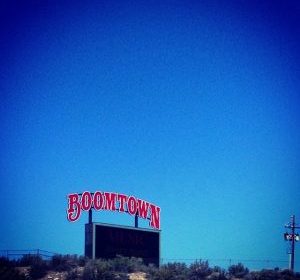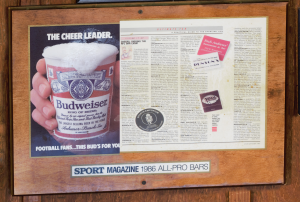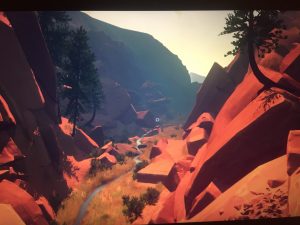2048 Podcast Reflection

For our second podcast, Cindy and I were originally thinking about doing a segment on Wii Sports and connecting it with Boost’s chapter on Exercise; however, we were advise to choose another game because a group from the spring semester had the same idea and the ended up producing an unsuccessful podcast. So, after a lot of thought and discussion, Cindy and I decided to talk about 2048.
After a successful first podcast, we decided that we would follow the same steps we did last time. We first gathered up all the information we could find on this game and came up with questions we wanted to discuss such as “are there effective strategies to beat the game?” and “does playing 2048 make you a better mathematician?” On our last podcast, we had a unique introduction that captured the attention of our audience, so this time we thought about what we could include in our podcast to make it entertaining and noteworthy. Since we had all these questions we wanted to discuss, we came up with the idea of incorporating a segment toward the end of our podcast in which we mimicked having a twitter account and audience members posting these questions on there. I may be wrong, but I thought this was better than just having a back and forth conversation that went on for ten minutes; I definitely think this contributed to our success in producing this podcast. After we had all our information and questions, we scripted what we were going to record because this proved to be effective for us the first time. Although producing a podcast may seem extremely different from writing an essay, this process of gathering information and then scripting it is similar to the process I go through when writing essays. I’ve always written outlines before sitting down and actually writing an essay because this way, just like with the podcast, I can make sure I hit all the important points and that I do so in an organized manner. This process connects to the learning outcomes writing as a process and critical thinking and reading resulting in writing because we go through this multi-stepped process which incorporates critical thinking in the planning section of the process.
Now that I’ve produced both podcasts, I’ve realized that it has been an enjoyable experience. I’ve never loved having to sit down and write long essays, it has never been easy for me; but, creating these podcasts turned out to be easier because I was doing something I found pleasurable. Aside from this, Cindy and I worked well together which also allowed us to work quickly, efficiently, and made our meetings run smoothly. Creating this podcast also contributed to the learning outcome of collaboration because to be able to work effectively we needed to listen to each other and incorporate both of our ideas in the podcast. Without this, our podcasts would’ve been a disaster because we would’ve ended up with a product that neither of us liked. Thankfully, since the beginning Cindy and I worked well together and we both listened to each of our ideas and this definitely contributed to having two triumphant podcasts.




